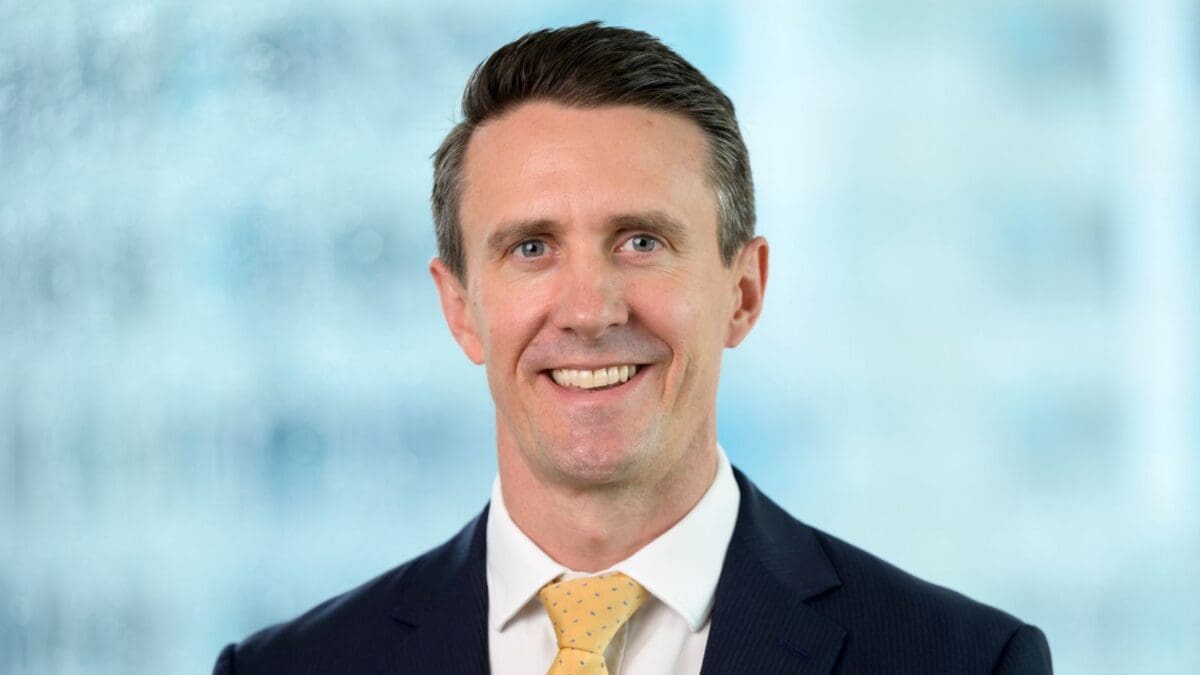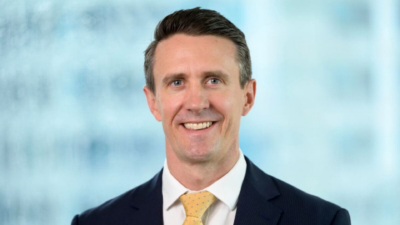Building operational resilience ‘price of entry’ for servicing super: State Street
Back in May, UniSuper members were cut off from their accounts for days when Google Cloud accidentally deleted the fund’s Private Cloud Subscription. It was a “one-of-a-kind occurrence” that UniSuper was – despite its best efforts – unable to protect itself against, and one that caused funds to re-examine the possibility of serious and systemic disruption stemming from third-party service providers.
And, with CPS230 coming into effect on 1 July 2025, they must be even more resilient to operational risks and disruptions. So what would happen if a big asset servicing firm or custody bank – which might provide front, middle and back-office services to dozens of super funds– suffered a service outage?
“Most of the large custody players fall into the category of being Globally Systemically Important Financial Institutions (G-SIFIs) and as a result of that the investment that we make into our technology platforms, is enormous,” Tim Helyar, State Street country head for Australia, told the ASFA conference on Thursday.
“That’s not a new thing – it’s been happening for many, many years. Alongside that you have the production management teams that support technology and all of the automation you have in place and continue to develop to maximise system uptime.”
But, from time to time, systems will still go down – especially in Australia and New Zealand, which open hours before the rest of the world. The classic example is a weekend tech release or update that causes a systems outage first thing on Monday morning.
“That’s quite painful,” Helyar said. “But we’ve all got processes and technology that allows us to identify that, remedial technology that tells us what to do about that, and we’ve got various escalation trees and reporting to make sure we can get things back up and running quickly.
“State Street, like all the other custodians in Australia, is working with the Australian Custodial Services Association to come up with a formal response framework for how we define critical operations and our responses to those but also how we provide reporting and assurances to our clients in the superannuation space once CPS230 kicks in. While there is some competitive advantage in there a lot of it is the price of entry for servicing the superannuation industry.”
State Street is also working on integrating artificial intelligence into more parts of its business, particularly machine learning, which Helyar hopes will be able to take on many of the rote procedural tasks that underpin the custody business and allow it to pull insights from the $50 trillion of assets State Street holds on behalf of institutions around the world.
“When you’ve got repetitive tasks, those can be learned by a machine… And machine learning allows you to spot issues so that you can make sure NAVs are correct when they go out the door, make sure a trade is accepted with all the right data associated with it and can then accurately settle in the timeframe required – particularly important with things like T+1 settlement,” Helyar said.
“Eventually we’ll be doing real-time trades and cash movements. The only way you can facilitate that is through technology that allows you to take some humans out of the process.”
While machine learning is good at identifying problems, generative AI is just as good at showing users how to solve them.
“Generative AI can tell you what to do next – you don’t have to spend months and months training staff when the systems and the tools can use their smarts to put the user in the right direction… Having a system that directs you to do that, you can figure out how much time – and therefore how much resource and how much cost – that can drive out of your business. That’s the stuff that can be quite powerful.”











